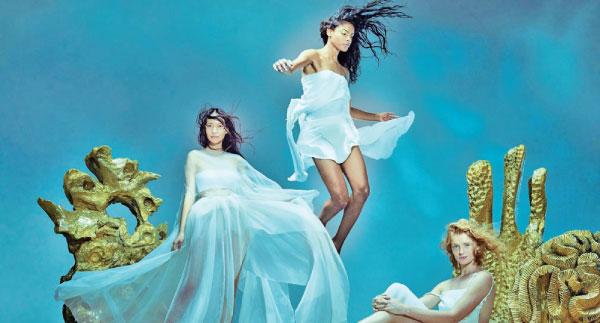
Wilhelm Richard Wagner was one of the world’s greatest Romantic era composers and his operas have been loved by thousands of people over many, many years. He and Giuseppe Verdi were the two great opera composers of the 19th century but Verdi’s style is different from Wagner’s.
Wagner was born in Leipzig, Germany on May 22 , 1813 as the ninth son of Carl Friedrich Wagner and Johanna Rosine. When he was around six months old Wagner’s father died of typhus . Mother Johanna married again and the family moved to Dresden. Ludwig Geyer, Wagner’s stepfather was a painter, poet and playwright and young Richard was very interested in the plays in which his step father acted. Sometimes, Wagner even took part in these plays.
Wagner went to school in Dresden, Germany. It was in the late 1820’s that Wagner was introduced to the piano. His teacher was a Latin national. His first impression of the teen aged Wagner’s musical abilities was unfavourable. He said that Richard would "torture the piano in a most abominable fashion”. However, Wagner was ambitious and enjoyed playing the piano . He wrote his first play when he was 11 and and started composing music. Wagner studied at the University of Leipzig as a part time student . The University did not accept him as a full time student as he did not have the required educational qualifications.
He worked hard at his music and was greatly influenced by composers such as Beethoven and Mozart.
In 1833, Wagner found employment as a choirmaster in Wurzburg, Germany. The following year, 1834 saw Richard Wagner composing his first opera 'Die Feen' but this was not performed till after his death. Another opera Das Liebesverbot (The Ban on Love, 1836) was withdrawn after the first performance. Therefore, Wagner’s first successful opera was 'Rienzi' in 1842.
Wagner’s first symphony was performed in 1833. He was greatly inspired by Beethoven and especially his Ninth Symphony.
Wagner composed Tristan and Isolde between 1857 and 1864. Many think that Modern classical music started with this opera. Richard Wagner kept moving from Germany to Russia, France and Switzerland and finally returned to Germany after 11 years. The main reason why he had to do this was because of his political views. Yet, he wrote many of his great works during this time.
'The Flying Dutchman' was produced in 1843 and won much critical acclaim. Wagner’s work was greatly appreciated by this time, and he was awarded the Prussian order of the Red Eagle and appointed director of the Dresden Opera. In 1845, Wagner completed Tannhäuser.
 Der Ring des Niebelungen (popularly known as the Ring Cycle) is an epic opera of four-parts. They are, Das Rheingold, Die Walküre, Siegfried and Götterdämmerung. It takes 18 hours for the whole opera to be performed. The Ring Cycle premiered on August 13, 1876 at the Bayreuth Festival Theatre, Bayreuth , Germany.
Der Ring des Niebelungen (popularly known as the Ring Cycle) is an epic opera of four-parts. They are, Das Rheingold, Die Walküre, Siegfried and Götterdämmerung. It takes 18 hours for the whole opera to be performed. The Ring Cycle premiered on August 13, 1876 at the Bayreuth Festival Theatre, Bayreuth , Germany.
Lohengrin or the Knight of the Swans is a figure in a popular German legend. In 1850, Wagner wrote a three act opera based on this legend.The Bridal Chorus from it, also called Here comes the Bride, has been a very popular piece at weddings throughout the ages. It is thought to have been first performed at the wedding of Queen Victoria’s oldest child Princess Victoria Adelaide Mary Louise in 1858.
Die Meistersinger von Nurnberg and Parsifal are two other popular Wagner operas. Wagner completed 13 operas during his lifetime.
Richard Wagner died of a heart attack on February 13, 1883, while vacationing during winter in Venice and was buried in the garden of his Villa Wahnfried in Bayreuth, Germany.
Wagner built The Bayreuth Festspielhaus (Bayreuth Festival Theatre), to perform his works only. It is also the venue of the famous Bayreuth Festival, at which Wagner’s operas are performed. The tickets for this annual festival are very hard to get, as there is a tremendous demand for them.
The Wagner Museum in Lucerne, Switzerland, is now a museum of period musical instruments and art collection of the Wagner family. One room is dedicated to the history of the Wagner Festivals in Lucerne.
